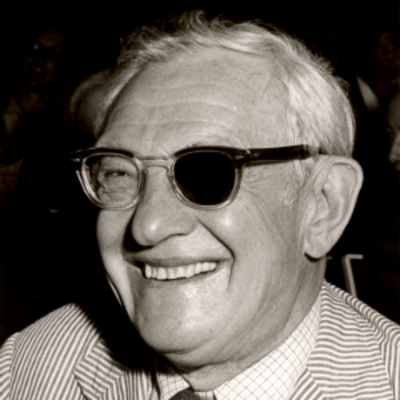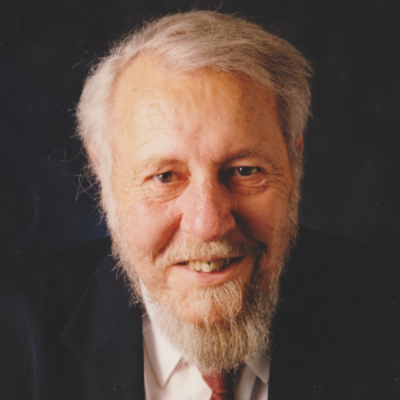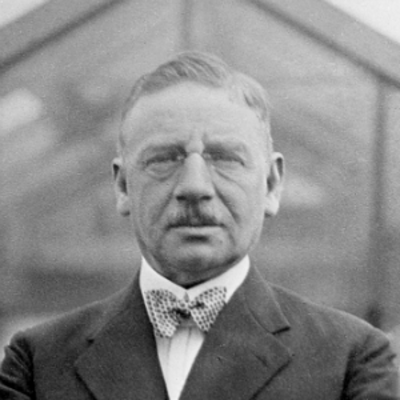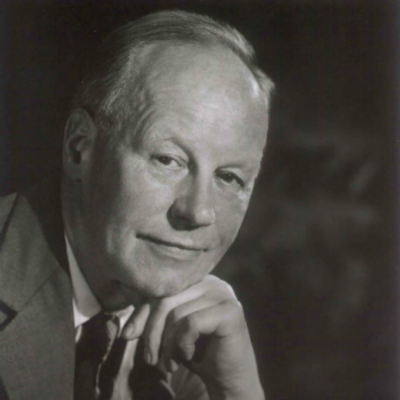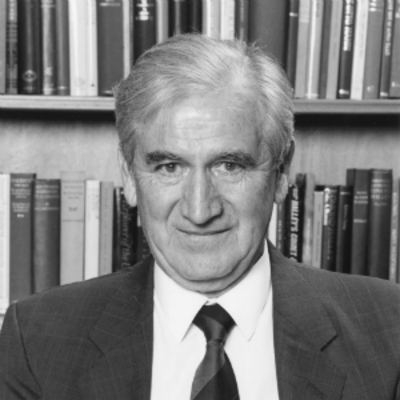Our Hall of Fame contains individuals who have played key roles in the development of pharmacology. Members nominated individuals based upon their distinction and peer recognition in science or long and valuable service to the Society.
Gertrude Elion
Gertrude Elion was born on 23 January 1918 in New York City, New York, USA and died on 21 February 1999 in Chapel Hill, North Carolina, USA. In 1988, Gertrude received the Nobel Prize in Medicine together with her long-time boss and collaborator George Hitchings and Sir James Black ‘for their discoveries of important principles for drug treatment’.
Julius Axelrod
Axelrod was born on 30 May 1912 in New York City, New York, USA and died on 29 December 2004 in Rockville, Maryland, USA. He shared the 1970 Nobel Prize in Physiology or Medicine for his discovery of the actions of neurotransmitters in regulating the metabolism of the nervous system.
Michael Rand
Michael Rand was born on 19 August 1927 in Mildenhall, UK and died on 9 May 2002 in Victoria, Australia. He was the first to publish an account of serotonin’s pharmacological actions, following its identification as the substance released from platelets during the blood clotting process.
Otto Loewi
Otto Loewi was born on 3 June 1873 in Frankfurt-am-Main, Germany and died Died on 25 December 1961 in New York, USA. Otto is regarded as the father of neuroscience.
R P ('Steve') Stephenson
R P ('Steve') Stephenson was born on 17 September 1925 in Milnsbridge, UK and died on 24 April 2004 in Edinburgh, UK. He was best known for his commitment to receptor theory.
Alfred Joseph Clark
Alfred Joseph Clark was born on 19 August 1885 in Glastonbury, UK and died on 30 July 1941 in Edinburgh, UK. Alfred was the leading UK pharmacologist during the 1930s, his ideas underpin much of the modern development of pharmacology.
Eleanor Zaimis
Eleanor Zaimis was born on 16 June 1914 in Galati, Romania and died on 3 October 1982 in Athens, Greece. She was one of the first to emphasise the importance of studying the chronic effects of low doses of drugs, as well as acute effects.
Joshua Harold Burn
Joshua Harold Burn was born on 6 March 1892 in Barnard Castle, County Durham, UK and died on 13 July 1981, Oxford, UK. He joined the British Pharmacological Society at its creation in 1931, and gave the first presentation at the very first Society meeting.
Sir David Jack
Sir David Jack was born on 22 February 1924 in Markinch, UK and died on 8 November 2011 in Hertfordshire, UK. His major inventions are recognised as having improved and saved millions of lives across the world.
Sir William Paton
Sir William Paton was born on 5 May 1917 in Hendon, UK and died on 17 October 1993 in Oxford, UK. He was responsible discovering two new classes of drug that acted on nicotinic acetylcholine receptors.


